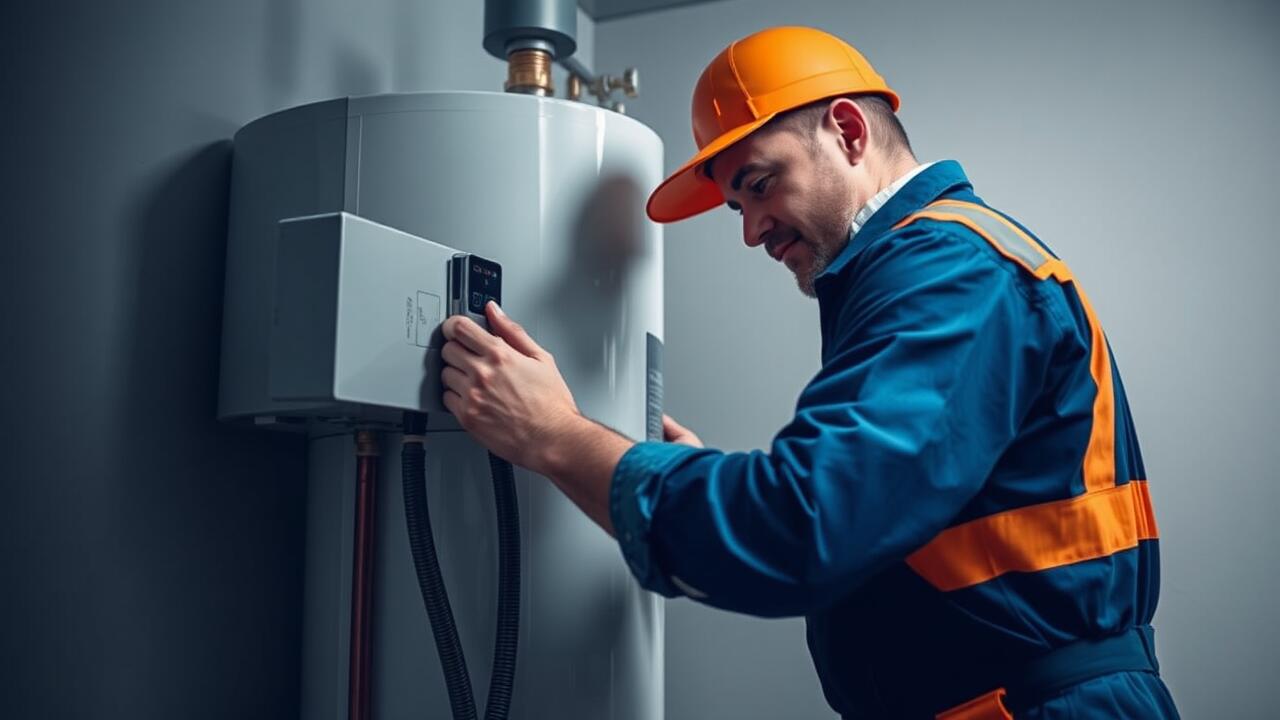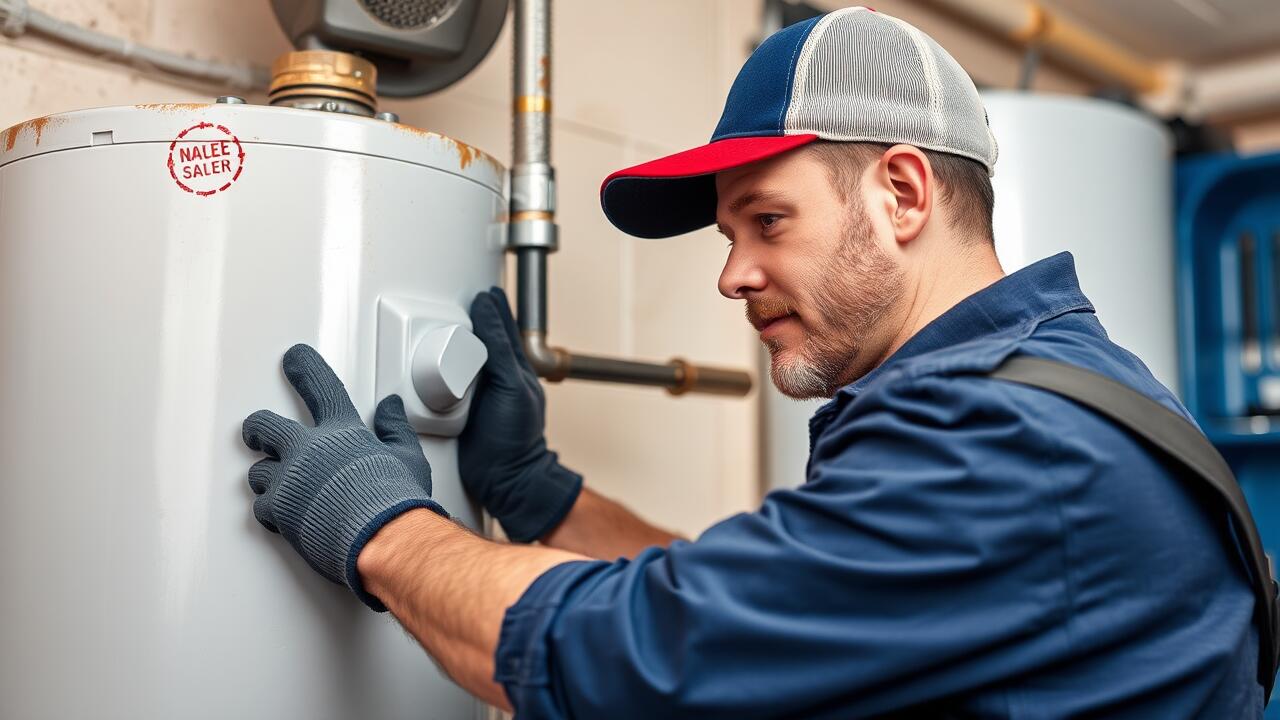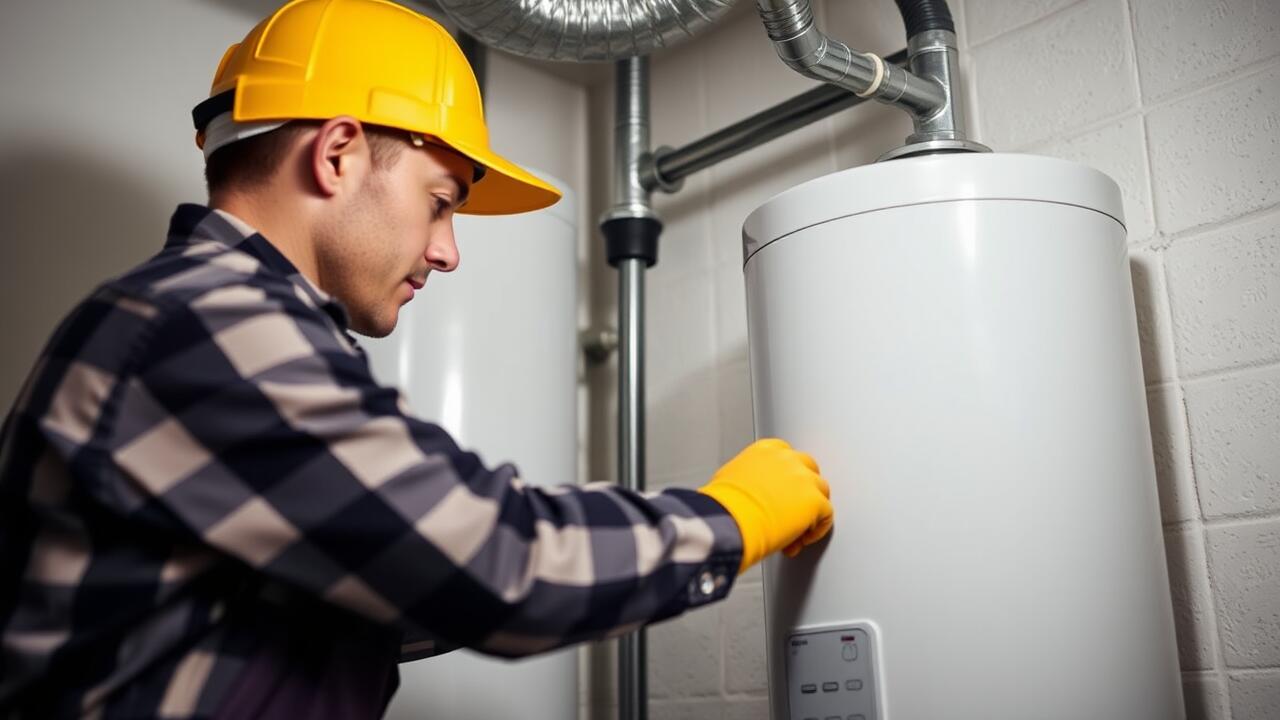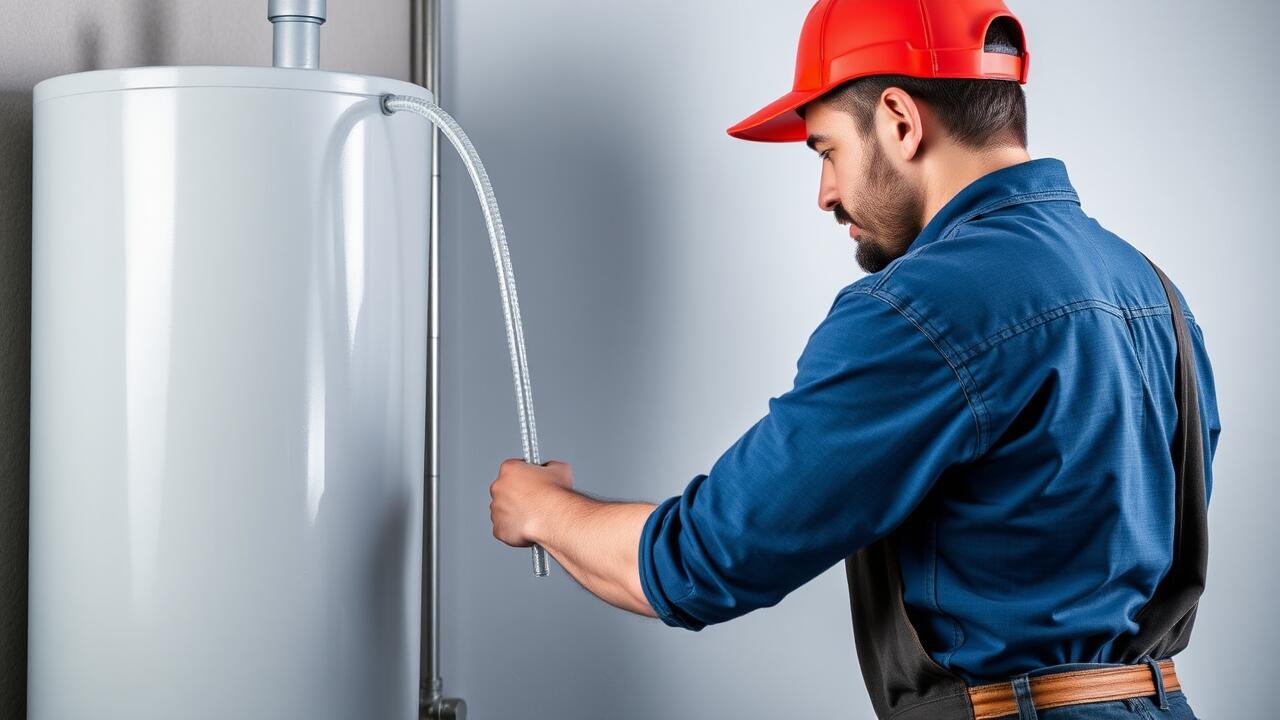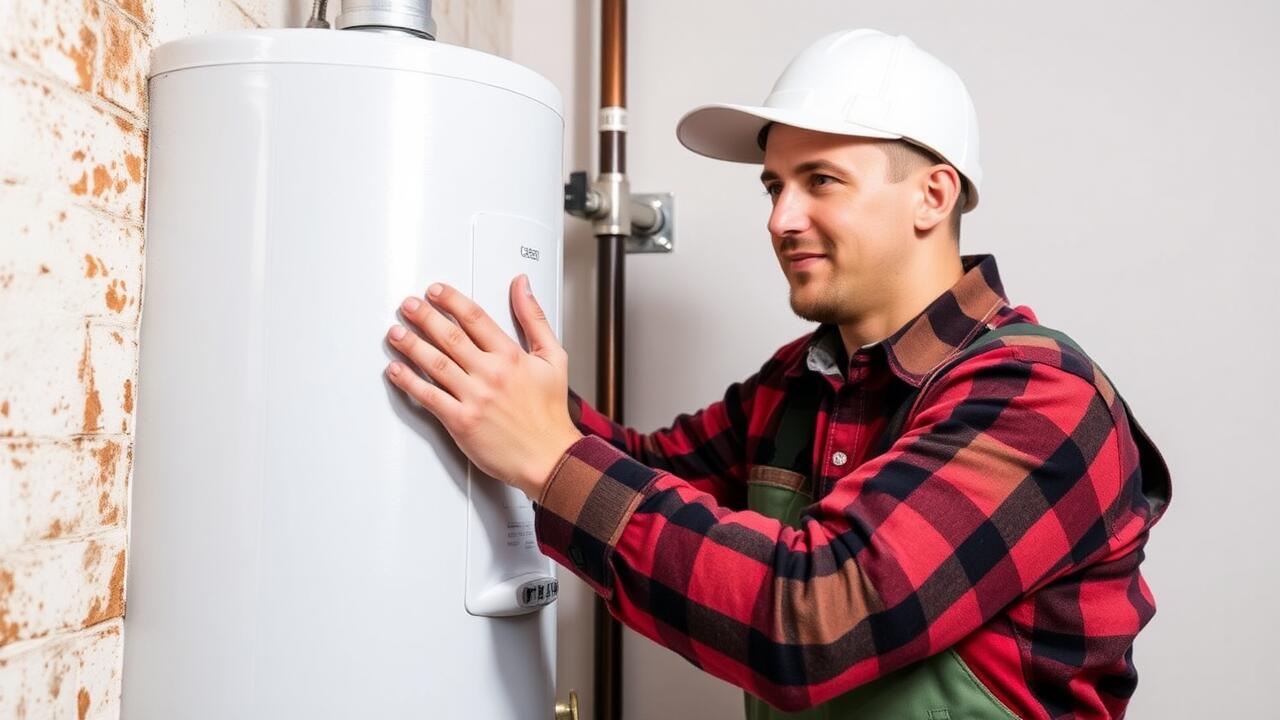
Types of Water Heaters Available
Water heaters come in various types, catering to different needs and preferences. Traditional storage tank heaters use a tank to hold hot water, providing a readily available supply. They typically range in size from 20 to 80 gallons and rely on either electricity or gas. Tankless models, on the other hand, heat water on demand. These units take up less space and can provide an endless supply of hot water, appealing to households with higher usage.
When evaluating options, it’s essential to consider the benefits and drawbacks of each type. Storage tank heaters often require more maintenance and may lead to energy loss due to standby heat loss. Tankless heaters, while initially more expensive, can be more efficient in the long run. Homeowners should research local services by searching for "Water heater repair near me" to find professionals who can assist with installation or maintenance of either system.
Comparing tank vs. tankless options
When comparing tank and tankless water heaters, several factors come into play. Traditional tank water heaters store a significant volume of water, usually ranging from 20 to 80 gallons. This setup ensures a steady supply of hot water, making them well-suited for larger households or homes with high hot water demands. However, these units can be less efficient since they constantly heat and reheat the stored water, leading to potential energy waste.
In contrast, tankless water heaters provide hot water on demand, eliminating the storage element. This means homeowners enjoy a space-saving advantage as well as energy savings, especially in smaller households or for those with intermittent hot water needs. For people interested in upgrading or repairing their water heater, searching for “water heater repair near me” can help clarify whether a tank or tankless option might be more beneficial in terms of long-term value and efficiency.
Energy Efficiency Considerations
Older water heaters often operate at lower energy efficiency compared to newer models. Many older units lack advanced insulation and efficiency technologies, leading to higher energy bills and wasted resources. Upgrading to a modern water heater can result in noticeable savings over time, with some models achieving efficiency ratings of 90% or higher. Homeowners frequently discover that the initial investment in a new unit pays for itself through reduced utility expenses.
When considering whether to repair or replace an aging unit, energy costs play a significant role. A malfunctioning water heater can drive energy consumption up even further. This is where local services for water heater repair near me become crucial. These professionals can assess the current performance of your appliance and determine if repairs are feasible or if a replacement option is a more economically intelligent choice. Investing in an energy-efficient model can not only enhance comfort but also contribute positively to long-term financial savings.
Assessing the energy use of older models versus new ones
Older water heaters, especially those that are 20 years old, often operate at lower energy efficiency levels compared to modern models. Many older units were built with less advanced technology, leading to increased energy consumption for the same amount of hot water. As efficiency standards have evolved, newer models have integrated features that minimize heat loss, such as better insulation and improved burners. This shift not only enhances performance but also translates to lower utility bills for homeowners.
When assessing the energy use of older water heaters versus new ones, it is essential to consider both the environmental impact and the potential cost savings. A newer water heater may have higher upfront costs, but the long-term savings on energy bills can often justify the investment. Homeowners looking for solutions may find it beneficial to explore local services for “water heater repair near me” as a way to evaluate whether upgrading or repairing their existing system makes the most sense for their circumstances.
Impact on Home Value
A functioning water heater plays a significant role in the overall appeal of a home. Potential buyers often take note of the condition of essential appliances when evaluating a property. An outdated or malfunctioning water heater can raise concerns about possible future repairs or replacements, which could deter buyers or lead to lower offers.
Investing in repairs can improve not only the immediate functionality but also the overall impression of your home. When listing a property, being able to showcase a well-maintained water heater may attract more interest and potentially yield a higher sale price. Homeowners considering repairs might benefit from searching for "water heater repair near me" to find local professionals who can assess and maintain their units effectively.
How a functioning water heater affects property appraisal
A functioning water heater plays a crucial role in a home's overall value and appraisal. Potential buyers often assess the condition of essential appliances during a property evaluation. An operational water heater signals that the home is well-maintained, which can lead to a more favorable appraisal outcome.
In markets where home inspections are routine, appraisers consider the state of major appliances as part of their evaluation. An old or non-functional unit may prompt buyers to factor in replacement costs, potentially lowering the property's worth. Homeowners seeking to mitigate this concern might explore options for water heater repair near me to enhance property value before putting their homes on the market.
FAQS
How long do water heaters typically last?
Most water heaters last between 8 to 12 years, but some can last longer with proper maintenance.
What are the signs that my water heater needs to be replaced?
Common signs include rust or corrosion around the tank, inconsistent water temperature, unusual noises, or leaks.
Can I repair a 20-year-old water heater?
While repairs may be possible, the cost-effectiveness of fixing such an old model should be evaluated against the price of a new, more efficient unit.
How does an old water heater affect my energy bills?
Older water heaters tend to be less energy-efficient, leading to higher energy bills compared to newer models designed to conserve energy.
Will replacing my old water heater increase my home's value?
Yes, a new, efficient water heater can improve your home’s appeal to buyers and potentially increase its overall value during appraisal.
